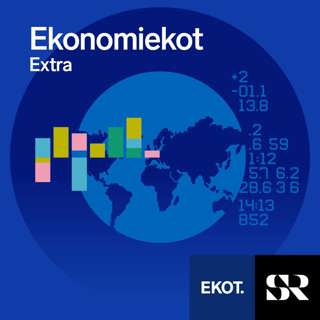
Andrew Sheets: The Comfort of Market Patterns
Although current market swings suggest that we are in serious, unpredictable times, a look through market history may reveal where we’re headed next.
13 Mars 20203min

Michael Zezas: Oil Exporter Tensions Add to Market Worries
The dual challenges of the coronavirus and the collapse of the OPEC plus arrangement intensifies the need for a fiscal response from Washington. Head of Public Policy Research Michael Zezas explains.
11 Mars 20202min

Special Episode: The Road Ahead
Investors reacted strongly as oil prices and coronavirus worries disrupted markets. Chief Cross-Asset Strategist Andrew Sheets and Chief U.S. Economist Ellen Zentner debate what’s next.
10 Mars 20208min

Mike Wilson: Revisiting the Rolling Bear Market
The recent correction in equity markets suggests that the fourth quarter rally in 2019 may have been a false breakout—and the rolling bear has unfinished business.
9 Mars 20204min

Andrew Sheets: Patience as an Investing Virtue
Two competing forces—hopes for further central bank moves vs. coronavirus uncertainty—are driving a notable rise in volatility. What signal should investors watch for signs of a potential rebound?
6 Mars 20202min

Michael Zezas: Lessons from Super Tuesday
From an investment standpoint, are there lessons to be learned from Joe Biden’s strong showing on Super Tuesday? Yes, but not the ones you might think.
4 Mars 20203min

Special Episode: A Policy Fix Isn’t Easy
U.S. stocks fell Tuesday despite a half point rate cut by the Fed. Is conventional wisdom wrong that lower interest rates and central bank support are positives for stocks?
3 Mars 20202min

Andrew Sheets: Coronavirus: Are Markets Overreacting?
Global equity markets have endured several days of losses as worries over the coronavirus continue. The question for many investors is “What to do now?”
27 Feb 20203min





















